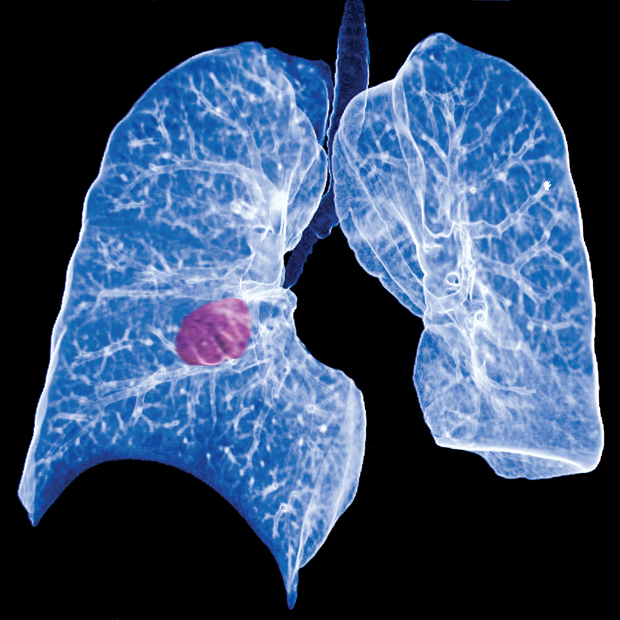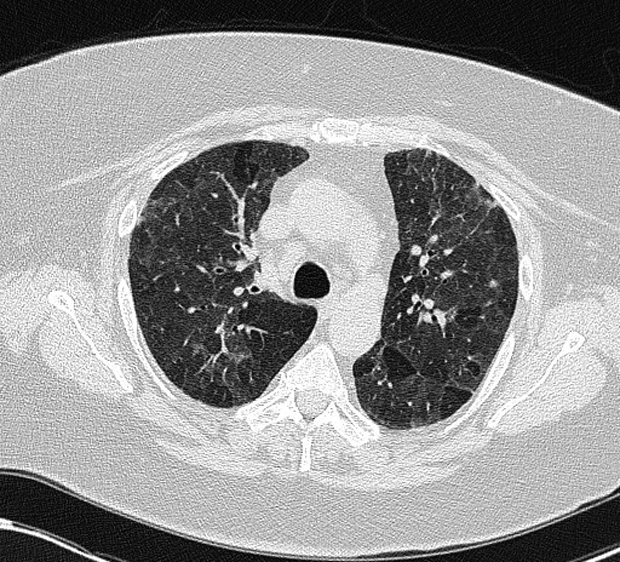Screening for lung cancer can be easier said than done
This issue also covers sexual harassment in medicine, women's health, and reducing alcohol-related traffic fatalities.
Lung cancer screening has been recommended for high-risk patients for five years now, but implementing those recommendations in clinical practice isn't always easy. For starters, the test is complicated to explain, and follow-up is similarly complex. In addition, while CMS mandates a shared decision-making conversation between patients and clinicians before screening is performed, recent research has found that such conversations, when they happen, are often less than optimal. For example, physicians in one study reported that they thought they explained the test thoroughly, but patients remained confused about the risks and benefits and didn't always realize that follow-up would be necessary. Our story in this issue offers an overview of the current screening recommendations and talks to experts about overcoming barriers to best practice.
The #MeToo movement, encouraging women to speak out against sexual harassment and inappropriate behavior, especially in the workplace, is having a long-delayed moment in U.S. culture. While the recent wave began in the entertainment industry, its effects are far-reaching and have impacted medicine as well. With awareness of the problem heightened, the time may be right for real progress. Staff writer Mollie Durkin talks to physicians about the prevalence of sexual harassment in their field, the forms it takes, and potential solutions.
The National Academies of Sciences, Engineering, and Medicine recently released a sweeping report on reducing alcohol-related fatalities in the U.S., arguing that physicians should play a larger role in this area of public health. But with everyone's time already at a premium, some may question what this role might look like and how it could work. Our story reviews the recommendations and discusses potential scenarios.
All internists are familiar with type 2 diabetes and the difficulties involved in managing it. Some experts are advocating a larger role for changes in diet, arguing that patients who can control their diabetes by watching what they eat could potentially greatly reduce and even stop taking related medications. This path, however, requires sustained lifestyle changes, which are often notoriously difficult to maintain. Our story looks at this treatment paradigm as well as its pros and cons.
This issue also includes a story about comanaging alternative therapies for back pain; the first President's Message from ACP's 2018-2019 President, Ana María López, MD, MPH, FACP; and conference coverage from the annual meeting of the American Medical Women's Association, which was held in Philadelphia in March.
Do you find lung cancer screening a challenge? What are your thoughts on #MeToo in medicine? Let us know.
Sincerely,
Jennifer Kearney-Strouse
Executive Editor, ACP Internist




